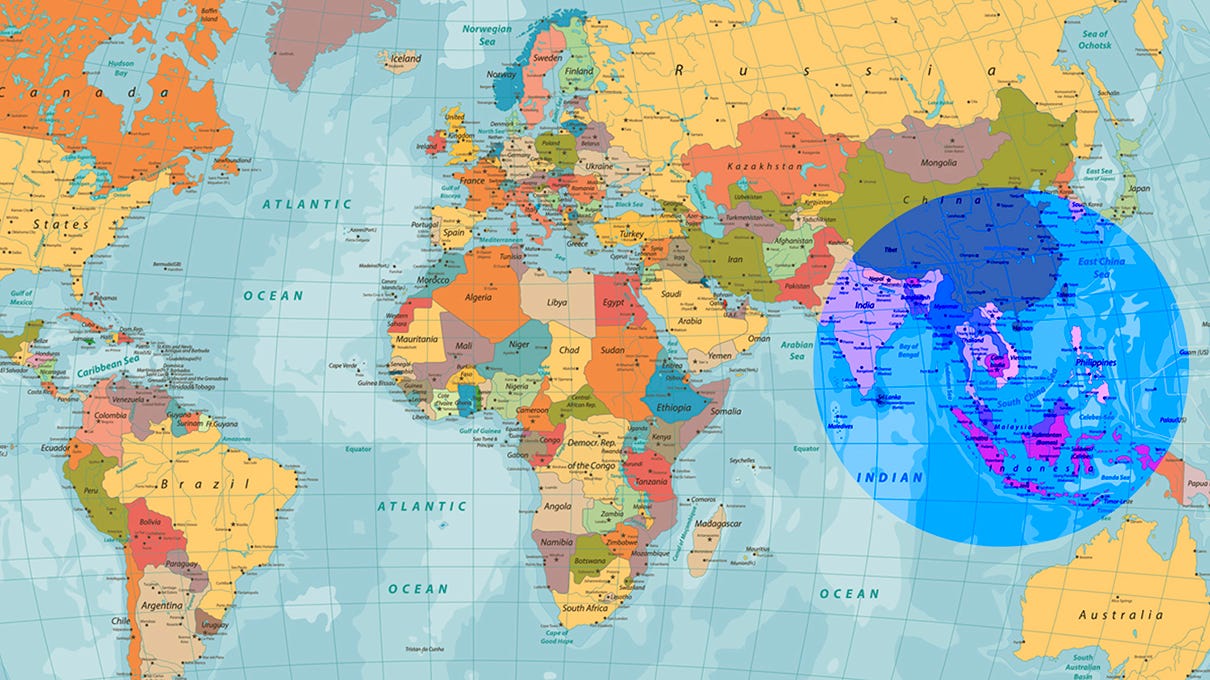By now, it's likely you have quite a few LED lights in your home. A natural efficiency evolution, LEDs use far less electricity, produce far less heat, and last far longer than the classic, Edison-invented incandescent light bulbs, and are also superior in many ways to the compact fluorescent bulbs (CFLs) that are still sold but that, in retrospect, were merely a bridge technology to the LED. While they cost more, both LEDS and CFLs pay for themselves several times over in energy savings and longevity.
Decades back, when CFLs first started to become widely available, I calculated the cost savings for our restaurant, and figured it was at least $5000 a year. No-brainer, low-hanging fruit, obvious decision - whatever you want to call it, the switch simply made sense.
That was before incentives or inducements or coercions, and before the government decided to ban high wattage incandescents. Yes, inertia and suspicion played their part in slowing widespread transition, and yes, even today, some prefer the "feel" of old Edison bulbs, but they are more niche than norm today. Especially in commercial settings. The economics are too obvious.
Why, then, does Con Edison (and other utilities, for that matter) continue to subsidize LEDs for its customers? Google proved useless when queried - something that happens more and more when it comes to questions that might be political in nature - so my speculation is a combination of "good guy" points from the government, government subsidies, and the reality that the government is squeezing electricity supply even as it forces us to use more, so efficiency serves Con Ed's broader needs.
This speculation is supported by the efficiency programs that utilities employ via smart, internet-connected thermostats. Sign up, and your local utility will adjust your thermostat during high-use times in exchange for a bit of cash. If your house suddenly feels warmer during a heat wave, check your thermostat - it may have been ticked upward by your electricity provider. Yes, you can turn it back down, and you don't have to sign up for the program in the first place. And, you can simply not install a smart thermostat, though there are apolitical economic efficiency reasons for doing so.
These and more point at a grid that, at times, struggles to meet demand. Our administration, in true government-incoherence manner, is doing all it can to make electricity scarcer and therefore more expensive, while simultaneously ensuring a growing demand via the coercive electrification of America's vehicles.
Here's a simple fact: Air conditioning saves lives. Thousands of them every year, in the US alone. But, Google "air conditioning saves lives," and you will get a flood of results that include how it's bad for the environment. The ideological capture of Internet search is a growing problem, and it's why I use DuckDuckGo and Brave whenever I do political searches.
Since saving lives appears to be far less of a priority to our government than engaging in pointless climate theatrics, this campaign to make energy more expensive doesn't ponder the human toll.
Nor does it ponder reality.
Human progress has forever relied on energy. A team of oxen converting plant matter to energy is far more efficient at tilling a field than humans digging with hand tools. Steam power is more efficient than animal power, and internal combustion power is more efficient than steam. Look at anything that has improved human living standards, and you'll find reliable access to energy at its core.
Even the next great leap forward - the widespread use of Artificial Intelligence (AI) - is rooted in energy.
This graphic from the Wall Street Journal drives the point home.
I have long contended that the brute-force decarbonization the West has been pursuing is a massive exercise in futility and wastefulness, given that the rest of the world will not emulate the West's obsession with wind and solar power.
Consider the Valeriepieris circle.
Half the world's population lives inside that circle. A substantial number of the four billion that live inside that circle do not yet have air conditioning (only about 8%-10% of Indian households do). About 90,000 die from excess heat in India alone every year, and with India finally getting close to electrifying the whole nation, it's obvious that air conditioner use will grow rapidly there.
The governments inside the Valeriepieris circle are not about to deny their citizens the power they need for those air conditioners, and 'green' isn't going to cut it. China and India are building coal-fired power plants by the hundreds, for example.
Nor is the rest of the developing world going to follow the first-world West down the energy suicide path. Oil-producing nations are not going to stop drilling and burning, and developing nations in Africa and South America are not going to sacrifice their peoples' lives to the West's Green gods.
No, the world will continue to use more and more carbon energy, no matter how loudly the Al Gores and Greta Thunbergs scold us. It's only here in the West that governments are committing to reducing living standards by making energy scarcer and more expensive.
And demanding that we be happy about it.
Like self-hating schmucks, millions of our fellow citizens are voting for the humanity-hating bastards who are doing this to us.
Time to wake up. Reality will not bend to their delusions.
Old joke. What did socialists have before candles? Electricity.







For the life of me I'll never understand why people willingly choose self-destruction for the sake of virtue signaling. I guess it's that whole, a person is smart but people are stupid thing. Technology will determine when alternative energy is ready for prime time, not coercion.
I love it when you illustrate the absurdities in our country. The money we throw at these impossibilities is staggering. On another note, I showed Warren the graphic simply to give him a photo of where half the population of the world lives. He was dumbstruck, as he thought the US contained most of the population of the world. He stared at it for a couple of minutes and then went to his room where I found him researching world population. Like I say, when something captures his mind he will pore over the subject, sometimes for days. (He already knows who you are because of your shared taste in music.)